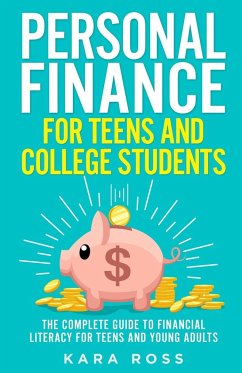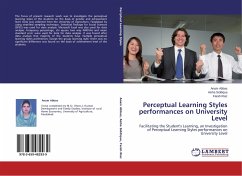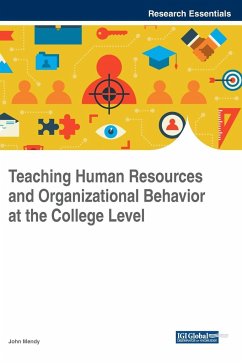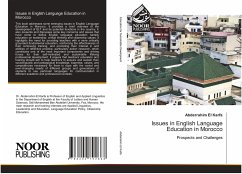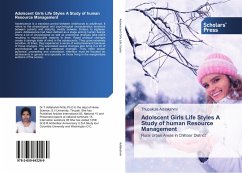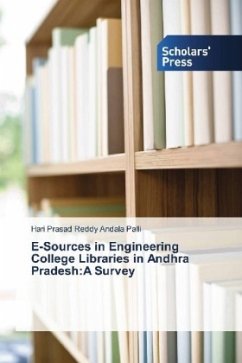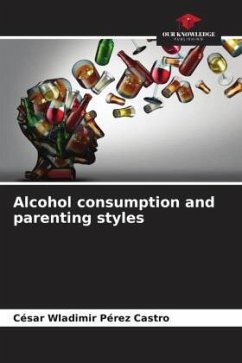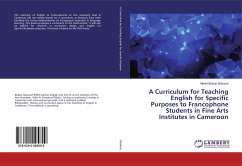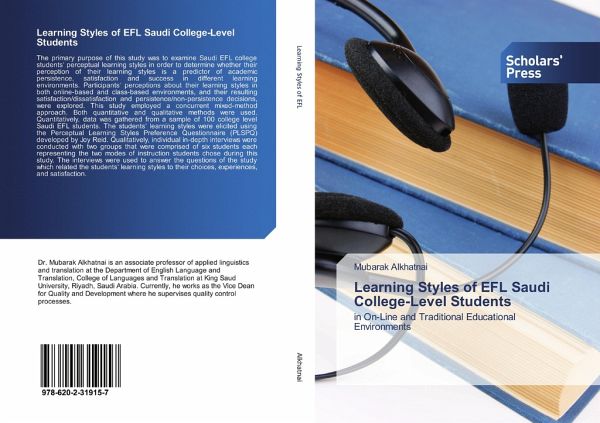
Learning Styles of EFL Saudi College-Level Students
in On-Line and Traditional Educational Environments
Versandkostenfrei!
Versandfertig in 6-10 Tagen
62,99 €
inkl. MwSt.

PAYBACK Punkte
31 °P sammeln!
The primary purpose of this study was to examine Saudi EFL college students' perceptual learning styles in order to determine whether their perception of their learning styles is a predictor of academic persistence, satisfaction and success in different learning environments. Participants' perceptions about their learning styles in both online-based and class-based environments, and their resulting satisfaction/dissatisfaction and persistence/non-persistence decisions, were explored. This study employed a concurrent mixed-method approach. Both quantitative and qualitative methods were used. Qu...
The primary purpose of this study was to examine Saudi EFL college students' perceptual learning styles in order to determine whether their perception of their learning styles is a predictor of academic persistence, satisfaction and success in different learning environments. Participants' perceptions about their learning styles in both online-based and class-based environments, and their resulting satisfaction/dissatisfaction and persistence/non-persistence decisions, were explored. This study employed a concurrent mixed-method approach. Both quantitative and qualitative methods were used. Quantitatively, data was gathered from a sample of 100 college level Saudi EFL students. The students' learning styles were elicited using the Perceptual Learning Styles Preference Questionnaire (PLSPQ) developed by Joy Reid. Qualitatively, individual in-depth interviews were conducted with two groups that were comprised of six students each representing the two modes of instruction students chose during this study. The interviews were used to answer the questions of the study which related the students' learning styles to their choices, experiences, and satisfaction.




